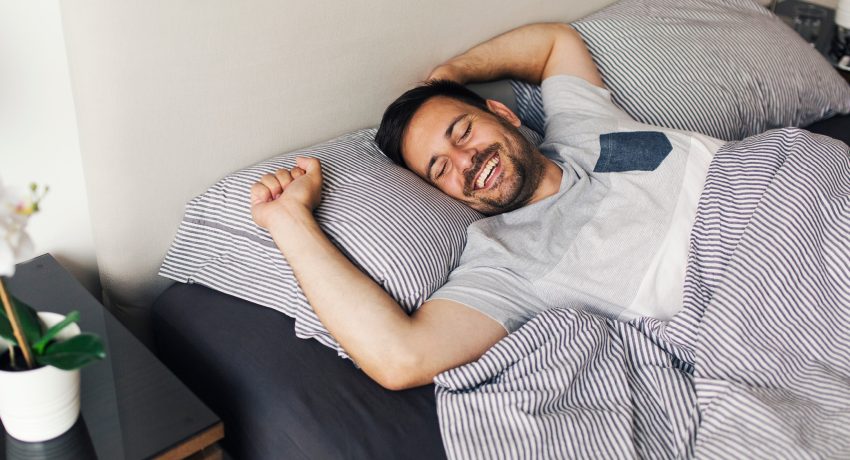Getting a good night’s sleep is extremely important for your health and wellbeing. It also improves your concentration, boosts productivity, and allows you to recharge your mind and body so you can be the best real estate professional you can be.
Sleep loss can have a detrimental impact on work performance if you’re constantly feeling tired. When you have difficulty focusing, it can lead to contract errors and forgetting essential tasks and appointments. According to the Sleep Foundation, rejuvenation provided by sleep improves our ability to think clearly, learn new information, and manage our emotions. Below are several tips to help you sleep so you can have the energy to communicate enthusiastically with clients and be the best version of yourself.
- Try to stick to a sleep schedule. Go to sleep at the same time every night and wake up at the same time every morning. The key is consistency.
- Did you know the stimulating effects of caffeine can take hours to wear off? If you want to have a quality night’s rest, avoid caffeine and alcohol a few hours before you climb into bed. You might even need to stop drinking caffeine after noon if you’re very sensitive.
- Wind down after work and unplug. Finding ways to unwind after a busy day at the office or showing houses can improve sleep. Consider trying a few things to decompress and relax. While it’s important to get back to clients, it’s okay to disconnect a few hours before bed and not get overwhelmed. If you are going to answer emails, do not do it in your bedroom. You should also get comfortable and change out of work clothes when you’re no longer working.
- Avoid light-emitting screens and blue light exposure before bed. Watching tv might impact your body’s circadian rhythm and trick your brain into thinking it’s daytime. You want your body to produce melatonin at night naturally. You can also look into apps and products such as f.lux or blue-blocking glasses to reduce nighttime blue light exposure.
- If you have trouble sleeping, avoid daytime naps since they can confuse your internal clock. If you do nap during the day, make it a short power nap.
- Do relaxing things before bed. Don’t watch a thriller movie or read the news before hitting the mattress. Instead, listen to soothing music, take a bath, meditate, or practice deep breathing. Taking a hot bath about two hours before bed can significantly improve overall sleep efficiency.
- Make sure your room is extremely dark. This sends a signal to your brain that it’s time for sleep.
- Keep your room cold, usually around 69° or 70°. If your body temperature is too hot, it can decrease sleep quality.
- Keep a notepad next to your bed. If you need to get some things out of your head, jot them down, create a list and revisit it in the morning. Now you won’t forget it, but it’s out of your brain and ready to be tackled the next day.
- Train your brain. Negative thoughts about sleep can often worsen insomnia and cause more difficulty sleeping. To avoid triggering your stress response try recognizing the negative thoughts and altering them. Instead of “I must get eight hours of sleep,” try replacing it with “sleep requirements vary from person to person, and I will be okay, and most people don’t need eight hours to function the next day.”
- Start your mornings greeting the sun. Within an hour of waking up, try to get 30 minutes of direct sunlight. Considering we are biologically wired to sync up with the sun, being exposed to natural sunlight or bright light during the day helps us get more solid sleep. Consider having your morning coffee outside.









